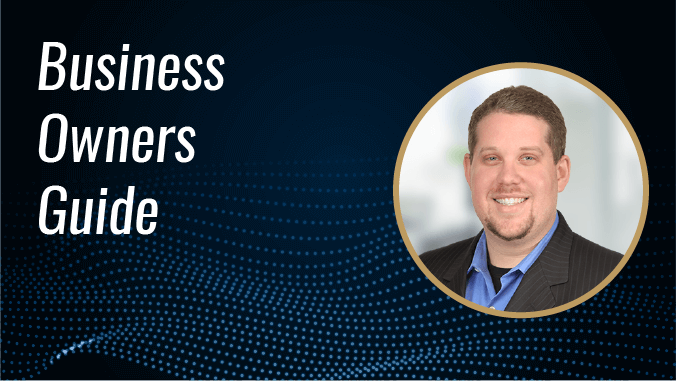Tax Considerations When Starting Your New Business
- Published
- Jan 10, 2022
- Topics
- Share
Starting a new business can be difficult and overwhelming, and filing your first tax return can seem daunting. Find out how you can make this process go more smoothly.
Transcript
Gaye Eschenbach: What types of tax related issues should I keep in mind when starting a business?
Once you’ve started your business, there are several things to consider before you file your first tax return.
Let’s talk about year-end elections. Most partnerships, and S-Corporations end their year based on the calendar year end of December 31st. Although these types of pass-through entities can elect a different fiscal year end, there are various limitations and requirements that the government imposes when making a non-calendar year-end election. However, for C corporation the choice is much more liberal, and they are free to choose any year-end they prefer.
Another choice you must consider when starting your business is the method of accounting you will use. You can choose the accrual method or the cash method. Under the accrual method, revenue is recognized and recorded when earned and expenses are recognized and recorded when incurred. Under the cash method, revenue is recorded when the cash is received, and expenses recorded when they paid. Keep in mind that you can’t have inventory under the cash method of accounting. The government does allow some hybrid methods of accounting if it clearly reflects your income, and if it is used consistently.
The cash basis is mostly used by service businesses, but you really must look at the timing of your revenue collections when making this decision. For instance, think about a convenience store that deals mostly with cash revenue. A business like that would most likely opt to use the accrual method because their revenue would be very similar under the cash or the accrual method but using the accrual method would give them the opportunity of accruing expenses that had been incurred. Similarly, business that collect a lot of cash up front, before it is earned, would opt for the accrual method.
The cash method provides more flexibility in planning, as you can accelerate the timing of certain expense payments. So, for planning purposes, if the cash basis method is feasible, it can be a great planning tool.
One thing to note though – C corporations or any partnership that has a C corporation as a partner, can only use the cash basis method under certain circumstances. Under the Tax Cuts and Jobs Act, they are precluded from using the cash basis once their average annual gross receipts over a three-year period reach $26,000,000 or greater. Then they must convert to the accrual basis of accounting. That threshold is adjusted for inflation.
In addition to those items, there are certain administrative tasks to bear in mind, such as…
You want to make sure you have your employer identification number, even for a sole proprietorship. Although sole proprietorships have that flexibility of using the owner’s social security number, I don't think most people want to do that.
Another checklist item, when you choose S-corporation status, it is not as simple as “checking a box”. A separate S-corporation election form must be completed timely, once the corporation has been formed. And although most states do recognize the federal s-election, certain states have separate state S-election forms, so you might need to elect S-status in the states that you are doing business in as well.
And that reminds me of state registrations. You'll need to register to do business in your resident state and if you're doing business in an outlying state and you want to have legal standing in their courts, you want to make sure that you're registered in those states as well.
And lastly, if your business has established nexus in a state, sales tax comes into play. You are required to register as a retailer BEFORE collecting and remitting sales tax. Even if you sell goods for resale, or are not subject to tax, registering and filing sales tax returns is expected if you have nexus with that state. Each state has different criteria for what establishes nexus.
Business Owner's Guide Video Series
People starting a business for the first time often don't know where to begin. EisnerAmper has developed a series titled Business Owner's Guide: The Cycle from Start-up to Exit.
What's on Your Mind?
Start a conversation with Gaye
Receive the latest business insights, analysis, and perspectives from EisnerAmper professionals.



